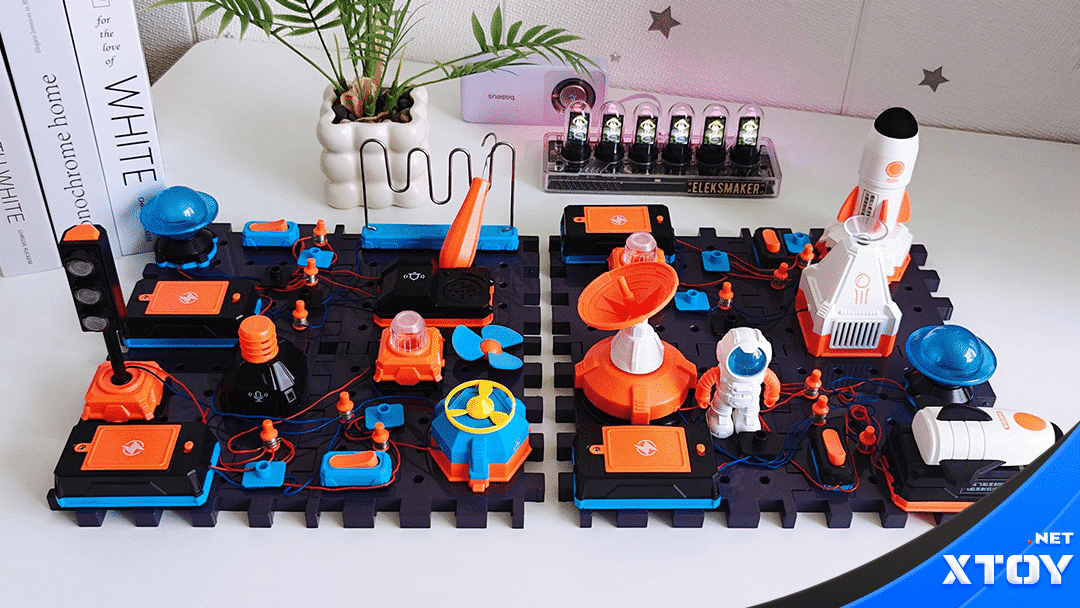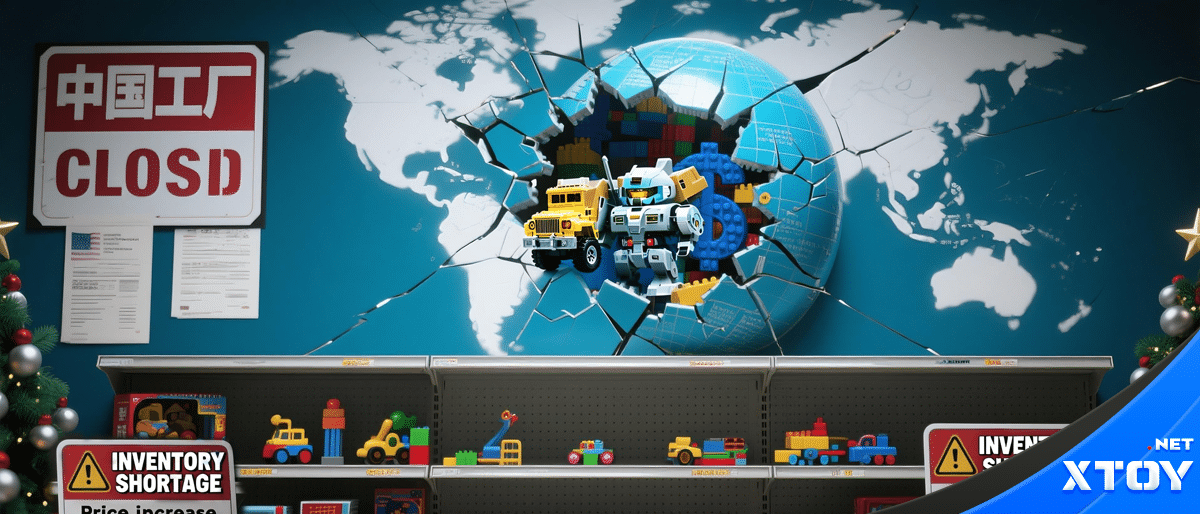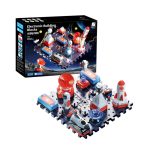### Toys vs. Screens – How Play Objects Foster Deeper Learning
In our rapidly digitizing world, the debate over toys versus screens has become increasingly pertinent. Parents, educators, and child psychologists are weighing in on the impact of the type of play objects children engage with. While screens provide instant entertainment and access to vast amounts of information, the critical question remains: what role do traditional toys play in fostering deeper learning? At xtoy.net, a specialized toy store brimming with creativity and imagination, we celebrate the timeless joy of toys and their unique ability to engage young minds in profound ways.
#### The Power of Active Play
Traditional toys, such as building blocks, puzzles, and dolls, invite children to engage in active play. This engagement is not merely physical; it has cognitive elements that stimulate problem-solving and critical thinking. Toys encourage hands-on interaction, allowing children to explore concepts like balance, cause and effect, and spatial awareness. For example, when a child stacks blocks, they are not just having fun; they are experimenting with physics in a way that is tangible and relatable.
Screens, on the other hand, can indeed offer educational content through interactive apps and games. However, these digital experiences often lack the open-ended exploration that physical toys provide. While children can learn to navigate technology effectively—an essential skill in today’s world—it is the tactile experiences offered by toys that lead to deeper cognitive connections. With a wide selection of toys at xtoy.net, from classic wooden toys to innovative STEM kits, parents can easily find engaging options that promote active learning.
#### Sensory Engagement and Creativity
Another significant advantage of traditional toys is their ability to engage multiple senses. For instance, playing with playdough can enhance fine motor skills while allowing for artistic expression. Toys that offer varied textures, colors, and sounds can stimulate imagination and creativity. Studies show that sensory play develops brain connections and supports emotional growth.
In contrast, while screens may provide visually stimulating experiences, they primarily engage sight and sound, often leading to a more passive form of entertainment. The immersive worlds found in video games or animated shows can be captivating, but they rarely compare to the creativity sparked by crafting a fort with pillows or role-playing with friends using action figures. At xtoy.net, we curate a diverse selection of sensory toys that encourage exploration and imaginative play—perfect for those looking to enhance their children’s developmental journey.
#### Social Interaction and Emotional Intelligence
Playing with toys often involves collaboration and communication. Whether it’s a group of children building a city with LEGO bricks or a family playing a board game, these experiences foster social skills like teamwork, sharing, and empathy. Toys serve as a medium for negotiation and cooperative play, helping children develop emotional intelligence and navigate complex social dynamics.
Conversely, screen time can lead to isolation, particularly if children become absorbed in solo gaming or binge-watching. While some online games encourage social interaction among players, they cannot fully replicate the spontaneous and rich interactions that come from face-to-face play. At xtoy.net, you will discover a wide array of board games and multiplayer toys designed to bring families and friends together, promoting robust social connections through shared experiences.
#### The Balance of Play
While screens are an undeniable part of modern childhood, it is essential to find a balance. The American Academy of Pediatrics recommends that children aged 2 to 5 have no more than one hour of screen time per day, encouraging parents to prioritize traditional, interactive play. This approach not only enriches learning but also fosters a healthy lifestyle where kids can explore, create, and enjoy the tangible world around them.
In conclusion, while screens can offer valuable educational resources, traditional toys provide unique opportunities for deeper learning and development. By choosing the right toys—those that inspire creativity, promote social interaction, and stimulate the senses—parents can ensure their children thrive in their early developmental stages. Visit xtoy.net to explore our extensive selection of toys that inspire curiosity and offer endless possibilities. Unleash the excitement of play, and discover the treasures that await!










